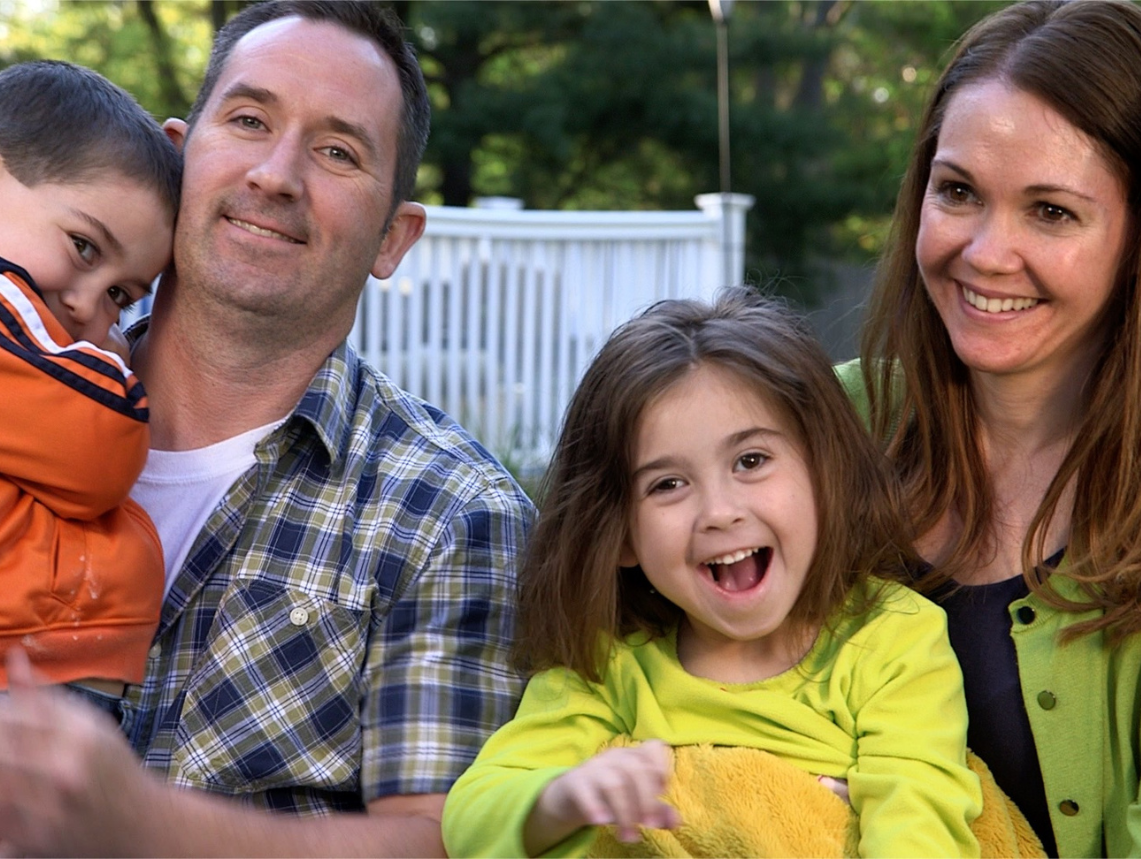Partnership and Marriage
Having your child diagnosed with a serious medical condition is one of the most stressful experiences you will face. Whether the diagnosis was expected or a long, drawn-out discovery, the early days are a time of adjustment that can bring up all sorts of new feelings. Whatever your relationship as parents (e.g., unmarried or married, separated, living together or not, etc.), supporting each other through this journey can be challenging–but it is in everyone’s best interest. Establishing mutual understanding creates a foundation for the journey.

Your Team:
A mental health professional who uses therapy and other strategies to support coping and adjustment and treat concerns regarding social, emotional, or behavioral functioning.
A trained professional who works with people, groups and communities to help them better their lives.
A member of the clergy who is responsible for the religious needs of an organization and/or its constituents.
An individual who leads and/or guides individuals or groups coping with life experience and challenges.
You and your parenting partner are the primary team. A psychologist, social worker, chaplain and/or spiritual leader can provide a neutral space for talking through issues and concerns, either together or separately—or both. For some people, a trusted friend or relative who listens well makes all the difference.
Sharing Decision-Making
If there are differences of opinion or goals between caregivers, a discussion facilitated and mediated by a clinician (for example, a palliative care clinician or therapist) can help everyone discuss the concerns, feel heard, and, in time, arrive at an acceptable solution.
– Blyth, parent of Cameron
Navigating Differences
There may be times when your coping styles are not aligned, and your assumptions and expectations are challenging to express and hard to hear. Your different views and/or different ways of approaching things can make decision-making more complicated and cause strain in your partnership. One of you may seek information; the other may not want information. One may want to think about the worst-case scenario; the other may prefer to think only in an extremely hopeful way. One may want to communicate widely to family and friends; the other may crave privacy. In most instances, one way is not better than the other. Being able to communicate and discuss your preferences is important in building mutual understanding, so that you can move forward together with as much harmony and as little frustration as possible.
If you are unsure of how to communicate, or if you are worried about how your differences are affecting your relationship, a third party can be helpful. Perhaps you have heard that the stress created by an illness or death can cause a relationship to fall apart. In fact, partnerships survive and partners may even grow closer through their unique shared experience. Know, too, that some studies show that parents of seriously ill children are no more likely to end up divorced as compared to their peers. A neutral person, like a counselor or therapist, creates a space where there’s opportunity for everyone to speak and listen to each other, and time to look carefully at a challenging issue together.
Defining Tasks and Roles
The responsibilities of caring for your other children, if you have them, may weigh heavily on you during this time. You may be calling on friends or relatives to provide meals, rides or attention to other day-to-day needs. You will want to discuss how to make certain that siblings feel seen and loved. The section on siblings addresses these challenges in more detail.
Related Resources
-
 Creating a safe place for each person to express their feelings.video
Creating a safe place for each person to express their feelings.video -
 We Couldn't Save Our Girl But We Could Save Our MarriageBLOG
We Couldn't Save Our Girl But We Could Save Our MarriageBLOG -
 I wanted Stuart to stand on the cliff with me and he had a different strategy.video
I wanted Stuart to stand on the cliff with me and he had a different strategy.video -
 It’s the three of us, forever.video
It’s the three of us, forever.video -
 Marriage: Finding touchstones for the relationshipvideo
Marriage: Finding touchstones for the relationshipvideo -
 We were lucky to always be on the same page.video
We were lucky to always be on the same page.video -
 Strengthening Your Parenting Partnershipguide
Strengthening Your Parenting Partnershipguide